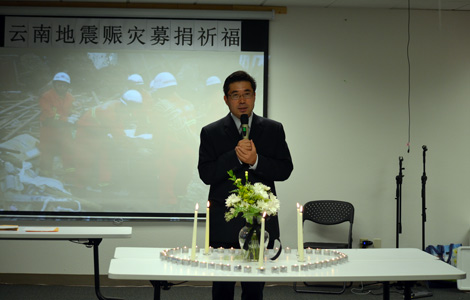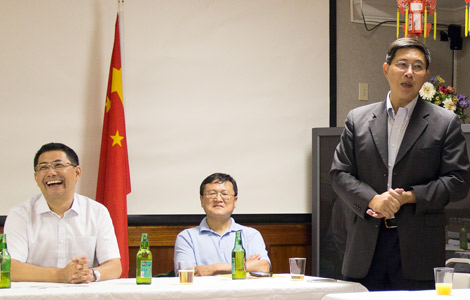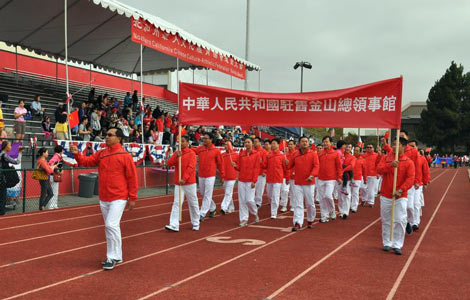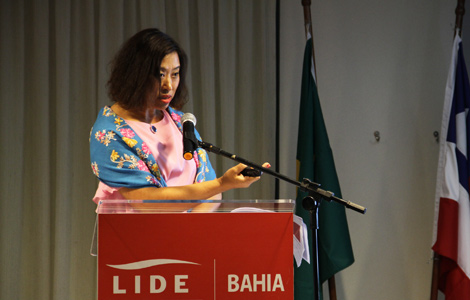'Schools rarely disclose sexual assaults'
Updated: 2014-08-12 08:03
By Zhao Xinying (China Daily)
|
||||||||
Only a small percentage of sexual assault cases that occurred on Chinese campuses from January 2013 to May 2014 have been reported by public security or education authorities, an NGO's survey said this week.
The NGO - A Group on Women's Rights - is an online public-interest group comprising more than a dozen women, including mothers, lawyers, NGO workers and college students from regions and provinces that include Beijing, Guangzhou, Zhejiang and Henan.
They work together to collect information and conduct research about on-campus sexual assaults of girls and women, hoping that such cases can be reduced through intense information disclosure and public supervision.
In October and May, the organization sent out applications to 244 public security and education departments around China, asking them to disclose information about on-campus sexual assault cases under the condition that victims' privacy be protected. Only 19 departments responded with some information, accounting for 9 percent of all the departments the organization contacted.
The other 200-plus departments declined to cooperate, citing reasons such as the need to protect the victims' privacy and that the disclosure of such information will frighten students and their parents and would undermine social stability.
According to the 19 departments that disclosed some information, a total of 15 on-campus sexual assault cases happened within their jurisdictions since early 2013 - a number far lower than the organization collected from media reports.
"Our statistics show that at least 72 on-campus sexual assault cases were reported in the media between January 2013 and May 2014. These are only the ones exposed, but what about the unexposed?" said Liang Xiaowen, who compiled the organization's report.
Liang and her colleagues started paying attention to on-campus sexual assault in May 2013, when six primary school students were reported to have been sexually assaulted by their school principal. The case attracted nationwide attention.
The public attention didn't last long, said Liang, who used to study law at college and now volunteers for the organization in Guangzhou.
Meanwhile, Liang and her colleagues were sad to see similar cases still happening in some regions of China, and they began to wonder whether it would be better if local public security and education authorities disclosed more information, especially follow-up reports on these cases.
"In that sense, these cases can continuously attract public attention and supervision, and therefore they will be resolved better," Liang said.
However, Chu Zhaohui, a senior researcher at the National Institute of Education Sciences, has concerns about that approach.
Chu believes that information disclosure about on-campus sexual assault cases should be carried out only after making it clear which information can be disclosed, how the information can be disclosed properly, and to which people the information can be reported.
zhaoxinying@chinadaily.com.cn
Most Viewed
Editor's Picks

|

|

|

|

|

|
Today's Top News
Many Chinese economic fugitives still at large in US
Chinese medical supplies arrive in Ebola-affected Sierra Leone
China's Huawei shows interest in LatAm
Kerry: Formation of Iraqi govt critical for stability
Shooting leaves 2 dead, 5 injured in New Orleans
Police focus on emigrants who still have their hukou
Chinese Ebola doctors leave for Africa
At least 39 killed in Tehran jet crash
US Weekly

|

|















